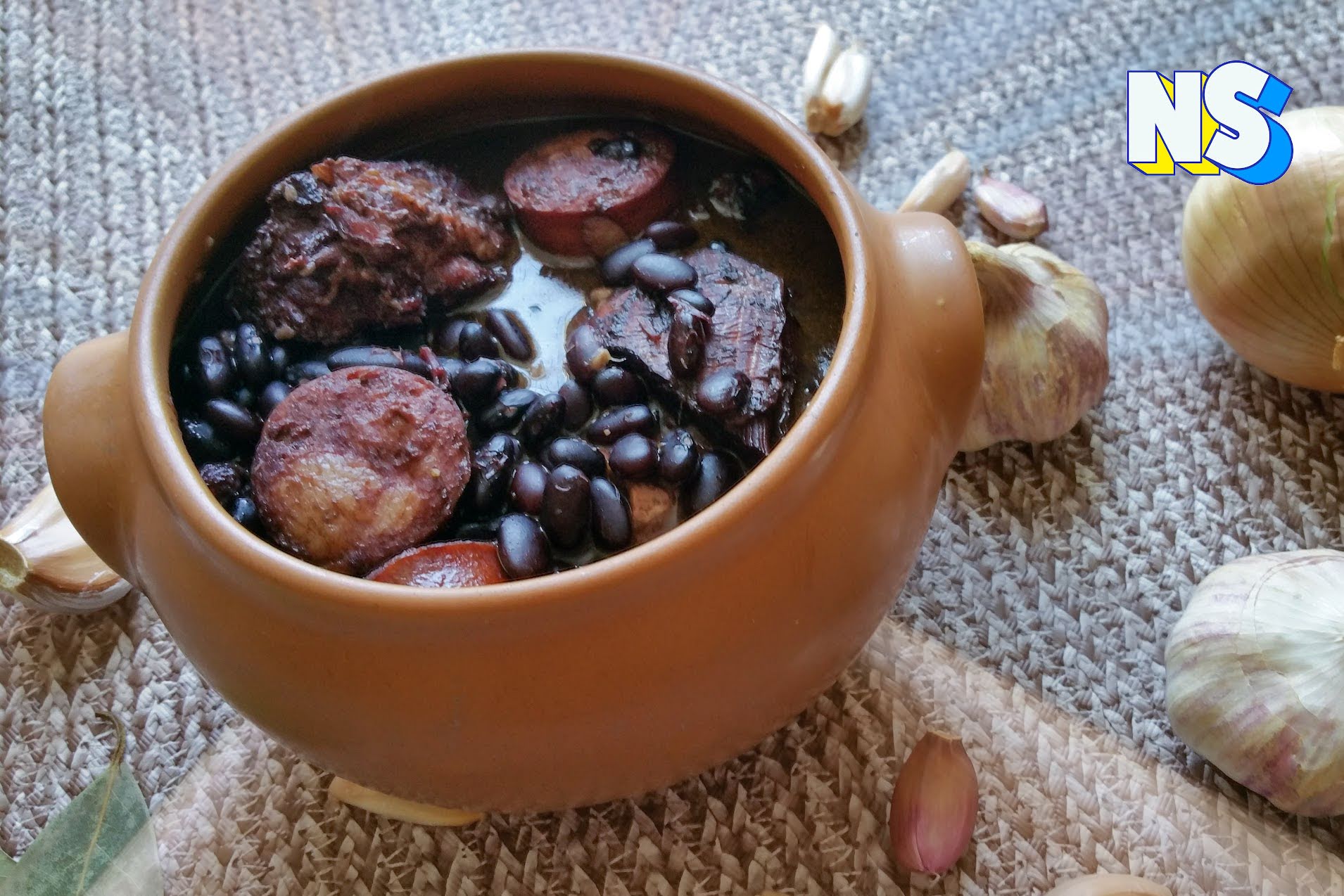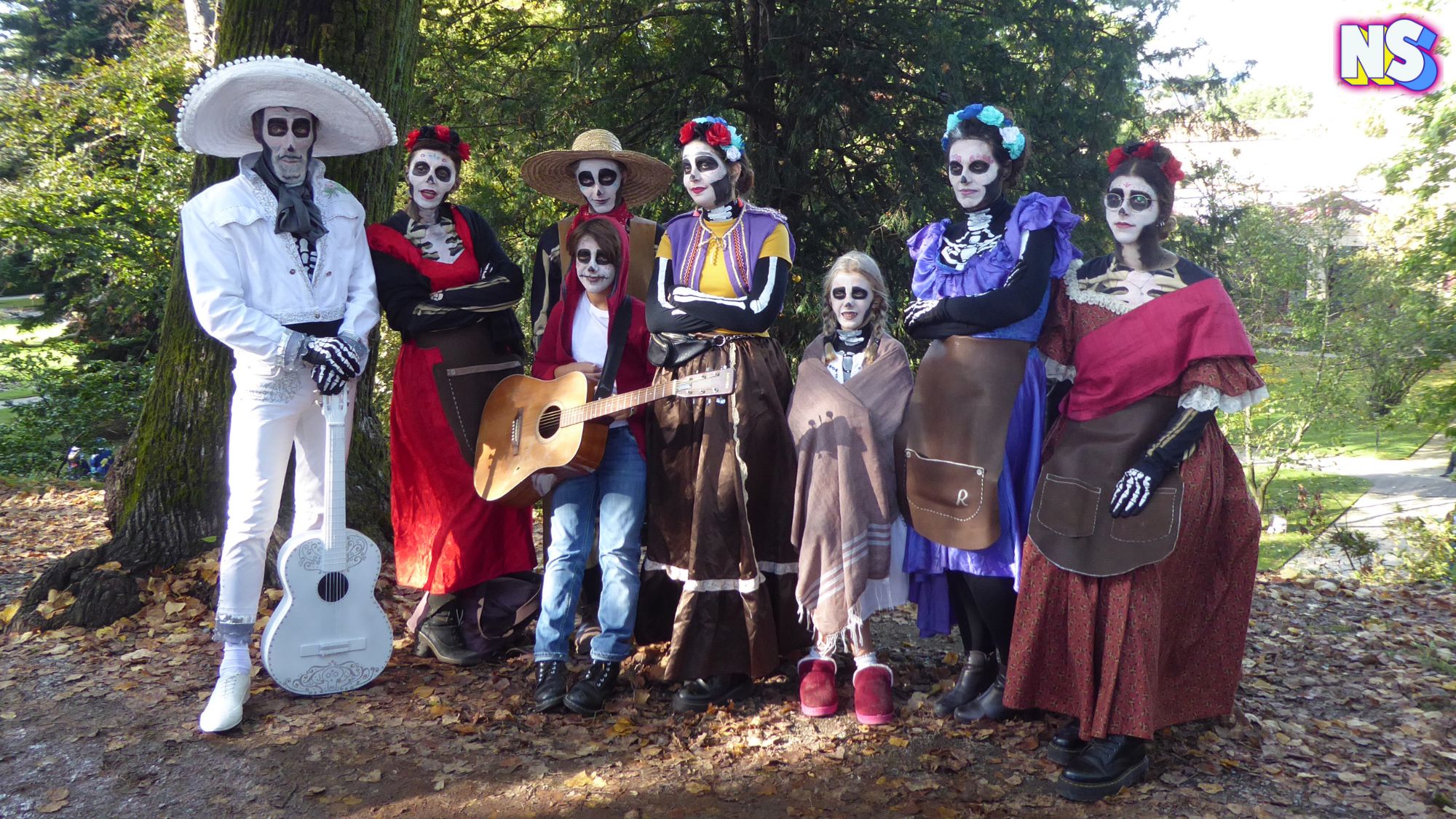Credit: Nuestro Stories
There's just something magically comforting about a big bowl of frijoles.
Whatever kind/color they may be, and with whatever spices you may add, a bowl of beans can suddenly, and simultaneously, warm your spirit and satisfy your hunger.
That kind of reverence surely explains why the national dish of Brazil is feijoada: a bean stew typically made with black beans and mixed with pork and meat. Considered soulfood, it's a staple for the whole family at breakfast, lunch or dinner.
Like many popular dishes, the origin stories of feijoada are slightly mysterious, with more than one school of thought as to where and how the dish began.
Read more: Churrasco Brasileiro is More Than a Mouth-Watering Meal, It is a Work of Art
The origins of Brazilian feijoada
According to many Brazilian natives, the dish was something that started during the times of slavery in Brazil. It's been said that the stew came about when enslaved people would piece together scraps from the dinners of their colonizing slave owners, and would create a stew from it. Hence the sort of mishmash of traditional ingredients.
Conversely, the other story, that is told of the dish, is that it was not the Brazilians who created the dish, but rather it was brought to Brazil by the slave traders of Portugal who colonized the area.
Whichever story you believe, let's agree that the stew is comforting, delicious, and absolutely worth trying.
Find the recipe here, and/or create your own variation!
https://draft.nuestrostories.com//wp-content/uploads/2022/06/Liv-182x250.jpeg





